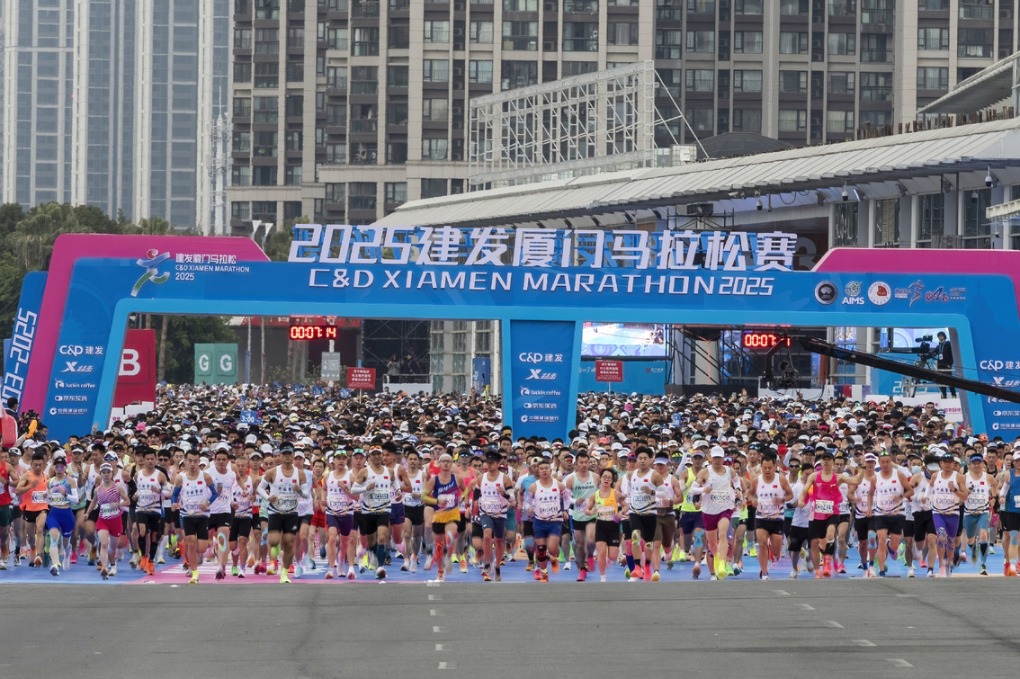Improved weather forecasting to support Olympics

Meteorologists have refined weather forecast services for the 2022 Beijing Winter Olympics thanks to advances made in forecasting technologies.
To better serve the Games, to be held from Feb 4 through Feb 20, weather monitoring system networks have been installed to provide forecast updates as frequently as once an hour.
Chen Mingxuan, deputy head of the Institute of Urban Meteorology, said that the frequency of the updates has met the standards of that for previous Winter Games, which shows the progress in refined weather forecasting in China.
More than 400 sets of weather monitoring facilities have been installed in the three competition zones for the Olympics-Beijing's downtown area, its northwest Yanqing district and co-host Zhangjiakou, Hebei province, the China Meteorological Administration said.
The Games' schedule, especially for snow-based events on mountains, depends on accurate weather forecasts.
Weather in mountainous regions is more complicated than in urban settings. For the vertical distance from the beginning to the end of the main ski run on a mountain, the weather varies at different spots at different times, the administration said.
Wind and temperature can sometimes determine whether a competition will be delayed, postponed or even canceled.
Li Zongtao, a chief forecaster based in Zhangjiakou, said, "For example, ski jumpers depend on the wind to keep their bodies stable and help them go faster. Proper head winds can help lift jumpers, which is what they want, while tail winds can put them under pressure and disturb their performance."
For example, at the PyeongChang Winter Olympics in South Korea in 2018, one men's skiing competition was delayed due to the wind, which was forecast to reach 50.4 kilometers per hour. At such speeds, the wind would not only affect the safety of skiers but also pose a threat to fair play, China Central Television reported.
Chen added that the Beijing weather forecast teams face many challenges.
"No mature or suitable technical forecast solutions from the international community are ready for the Beijing Winter Olympics, because for the first time in the past 20 years, the Winter Olympics will be held in an area where its mountain areas feature strong winds and dryness, while previous Games were mostly held in cities with oceanic climates," he said.
Starting in 2017, forecasters formed groups for the Olympics and took part in winter forecast training at venues from December to March every year, the administration said.
Forecasters needed to collect data and analyze conditions based on personal experience and theories to make accurate predictions.
Li, the chief forecaster, said, "After years of training, our team is ready to be tested and will go all out to minimize the impact of meteorological events on the competitions."
?
?
Most Popular
- Pistons tame Wolves despite Edwards' heroics
- City shows a bit more Pep with successive wins
- Arteta aghast at Brighton penalty as Gunners misfire
- A marathon year for Belgian amateur
- As life without Butler begins, Heat fails to ignite
- Gauff, Fritz lead US to United Cup tennis title






























